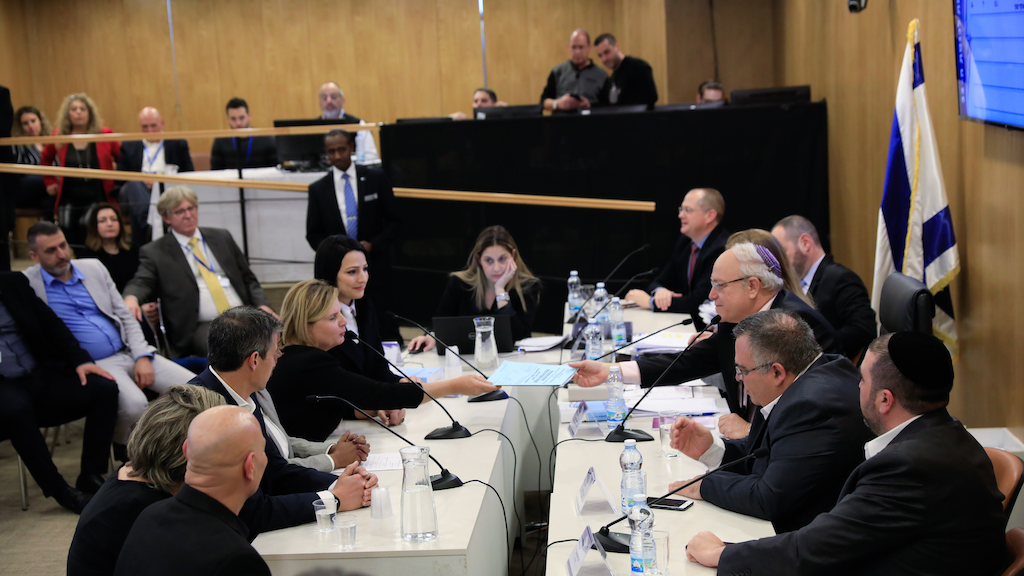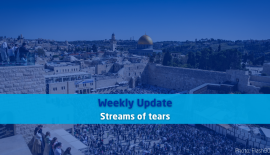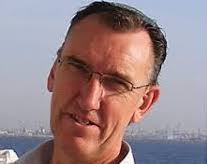Turmoil continues as Israel gears up for third elections in one year
For the third time in one year Israel is gearing up for parliamentary elections.
This is the first time in the history of the Jewish state new repeat-elections will be hold after the previous rounds resulted in a deadlock whereby neither the left-wing bloc (which includes the Arab parties) nor the right-wing bloc led by Likud succeeded in forming a majority government.
If we are to believe the polls – take in account that in Israel polls are often wildly of the mark – the upcoming elections on March 2 will not change the situation.
Kachol Lawan (Blue and White), a center-left party that was founded before the first elections in April last year with the goal to oust the Benyamin Netanyahu the longest serving Prime Minister in Israel’s history, is leading in the latest polls.
Netanyahu (Likud) is facing three indictments for bribery, fraud and breach of trust and is now fighting to obtain immunity in order to stay in office.
On Sunday, Knesset speaker Yuli Edelstein (Likud) decided to give in to Kachol Lawan and announced he would convene the Knesset – which is currently on recess – to vote on forming a panel that will have to decide on Netanyahu’s request for parliamentary immunity.
Edelstein’s decision came after the legal adviser of the Knesset, Eyal Yinon, issued a legal opinion that a House Committee — a panel required to debate Netanyahu’s immunity request — could be convened despite the Knesset being in recess because of the crisis.
The Knesset speaker made clear that the enormous pressure he was facing from left-wing parties forced him to take the decision despite his disgust for the current process which he called “invalid” and “constituting contempt of the legislature.”
By now it is already clear that there will be a majority for denying Netanyahu immunity but this doesn’t mean legal proceedings against him will begin before the March 2 election.
Edelstein’s decision led to outrage in Likud and could cost him the nomination to become Israel’s next president.
Changes are high that Netanyahu or Likud will now petition Edelstein’s decision at the Supreme Court using the argument that that the decision is against the law which says the House Committee cannot be formed due to the fact that the government is in transition.
In the meantime, small parties on the right and left were trying to establish new mergers that will ensure they would cross the 3.25 percent threshold on elections day.
Israel’s founding party Labor recently merged with the far-left party Meretz because both parties were in danger of not crossing the threshold. Labor had already merged with the right-wing party Gesher before the last elections in September 2019 to avoid demise.
On the right the only parties that were not trying to establish mergers are the ultra-orthodox and Likud.
The national religious parties are in disarray after Yamina leader Naftali Bennett blocked a proposal to merge with the far-right party Otzma Yehudit (Jewish Power).
Yamina leaders and PM Netanyahu now call upon Otzma Yehudit leader Itamar Gvir to drop out of the race in order to avoid a situation that thousands of votes of right-wing Israelis will go down the drain.
You might think: what about a national unity government?
In Israel political deadlocks during the formation of governments were always solved by establishing national unity governments.
Kachol Lawan, however, is blocking this solution citing Netanyahu’s legal troubles.
The party was founded with one goal only: to get rid of Netanyahu who has been Israel’s most successful PM’s when one looks at security, economics, and foreign policy but is hated by the left.
In terms of political platforms there aren’t wide gaps between Likud and Kachol Lawan. Both parties have the same views on the Palestinian Israeli conflict and security issues which are the most important topics for the majority of the Israeli public.






